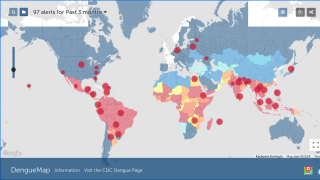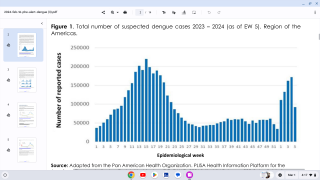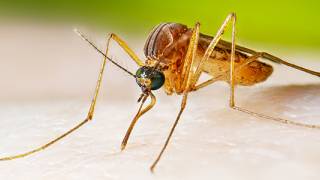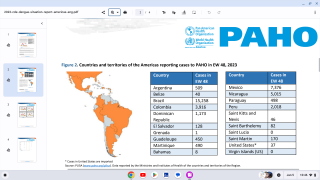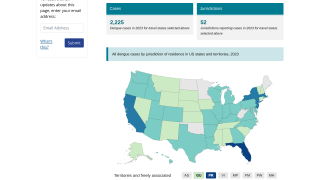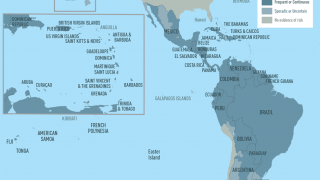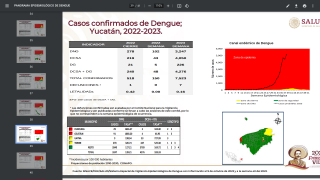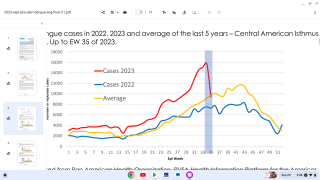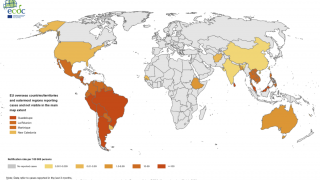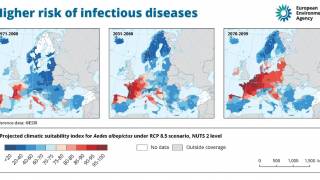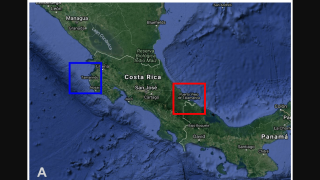Modified Mosquitoes Do Reduce Dengue Cases

Since the Florida Keys began releasing genetically modified mosquitoes a few years ago, various countries have joined this innovative approach to reducing the incidence of diseases such as dengue and Zika.
When infected with Wolbachia, mosquitoes are much less likely to transmit travel-related diseases.
Researchers hope the modified mosquitoes will interbreed with the wild population wherever they are released and pass the bacteria on to their offspring.
Hopefully, the number of mosquitoes with Wolbachia will eventually surpass those without it.
The non-profit World Mosquito Program (WMP) has released modified Aedes aegypti mosquitoes in countries such as Australia, Brazil, Colombia, Indonesia, and Vietnam since 2015.
The WMP has deployed these modified mosquitoes in the Aburrá Valley in the Republic of Colombia.
According to an article written by Mariana Lenharo and published by the journal Nature on October 27, 2023, cities in Colombia saw a dramatic decrease in the incidence of dengue in the years following the introduction of mosquitoes carrying Wolbachia.
These researchers found that where Wolbachia mosquitoes were established, dengue incidence dropped by 94–97%.
“That’s the largest continuous releases of Wolbachia [mosquitoes] globally so far, in terms of the population covered and the area,” commented Katie Anders, an epidemiologist at the WMP and Monash University in Australia.
The full, unedited article is posted at this link.
This ongoing experiment is very relevant in 2023, as both Dengue and Zika outbreaks have been reported throughout The Americas, including Costa Rica and Puerto Rico.
In the United States, the U.S. Environmental Protection Agency has authorized the use of OX5034 GM Ae. aegypti mosquitoes for release in Florida and Texas. This authorization allows local mosquito control programs to evaluate how effective modified mosquitoes are in reducing the health risks from Ae. aegypti mosquitoes, says the U.S. CDC.
In addition to these experiments, two approved dengue vaccines were available in certain countries in 2023.
Additionally, Zika vaccine candidates continued conducting clinical trials in 2023, but they were not approved for general use.
Our Trust Standards: Medical Advisory Committee


